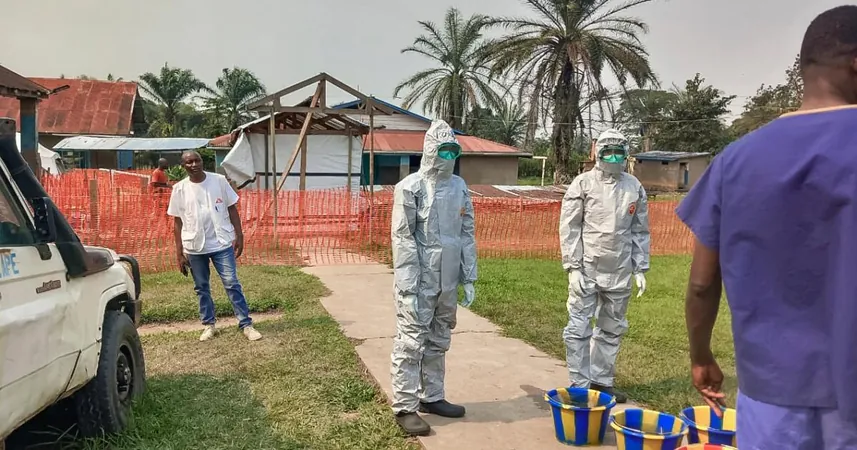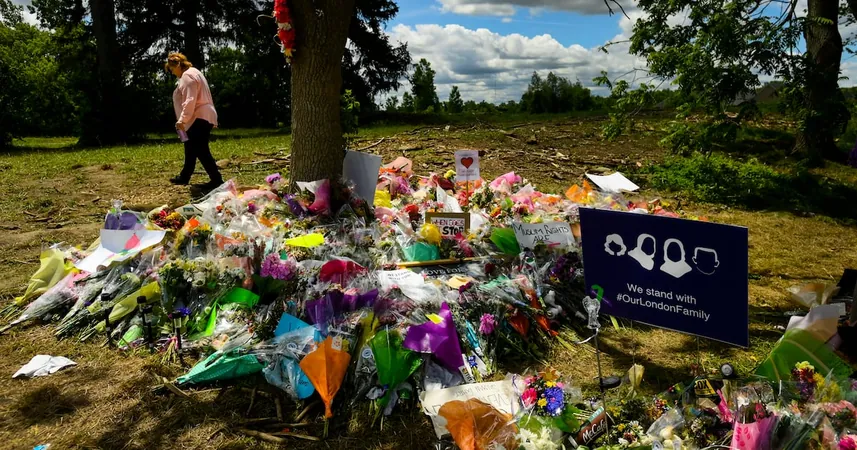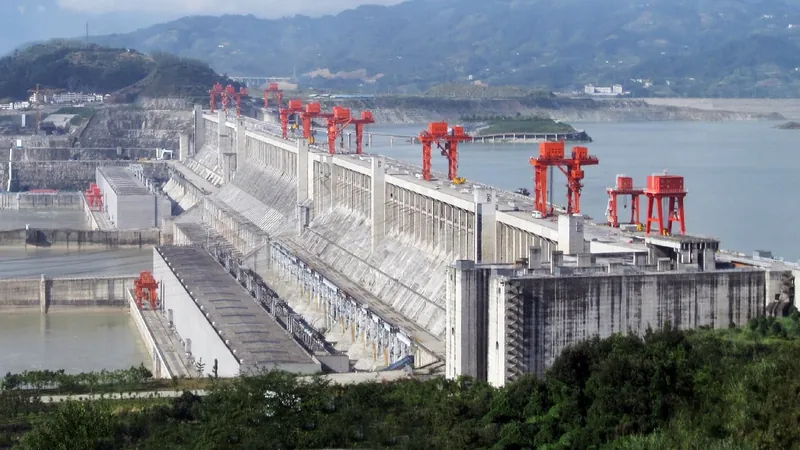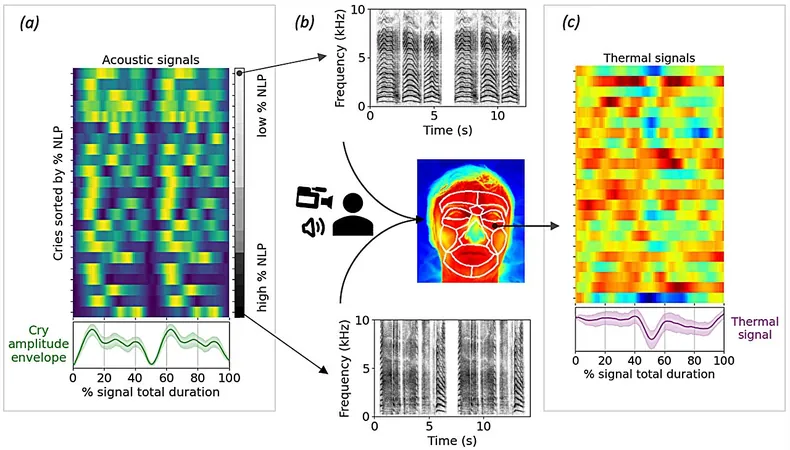
Congo Races Against Time: Ebola Vaccine Arrives as Outbreak Spirals
2025-09-14
Author: Emma
Desperate Measures in the Fight Against Ebola
Health officials in the Democratic Republic of Congo are battling seemingly insurmountable odds as they confront the latest Ebola outbreak in southern Congo. According to the World Health Organization (WHO), both limited access to remote areas and dwindling funds are complicating their urgent response.
Historic Outbreak in Kasai Province
This marks the first Ebola outbreak in 18 years for Kasai province, an isolated region over 600 miles away from Kinshasa, the nation’s capital. The WHO is mobilizing resources quickly, deploying a U.N. peacekeeping helicopter to deliver 400 doses of the Ebola vaccine to the outbreak's epicenter in Bulape.
More Vaccines on the Way
Patrick Otim, WHO’s program area manager, confirmed that an additional 1,500 vaccine doses are en route from Kinshasa. While efforts are ramping up, Otim noted, "We have struggled in the last seven days with access, but are collaborating with MONUSCO," the U.N. mission in Congo.
Alarming Rise in Suspected Cases
Since the outbreak was officially recognized on September 4, suspected cases have surged from 28 to 68, with 16 reported fatalities according to the Africa Centers for Disease Control and Prevention. The most recent confirmed case appeared just 40 miles from Bulape, raising concerns about potential spread.
Funding Woes Complicate Response Efforts
The WHO estimates that addressing this outbreak will require around $20 million over the next three months, overshadowed by Congo’s national response plan that totals approximately $78 million. This underscores the uphill battle health officials face, especially with recent cuts to U.S. funding which previously supported Ebola responses.
Protecting the Heroes on the Frontline
Tragically, among the confirmed cases are at least four healthcare workers. Mathias Mossoko, the Ebola response coordinator in Bulape, emphasizes the critical need to protect these front-line heroes: "Vaccinating healthcare workers is essential to ensure proper care for the population."
Traced Contacts Provide Hope
Fortunately, more than 94% of the suspected cases' contacts, totaling over 600 individuals, have been traced, with only one confirmed case. Mossoko states that the risk of further spread to other provinces remains minimal for now, stating, "It is not yet appropriate to declare a public health emergency."
International Aid and Coordination
Doctors Without Borders is currently aiding the response efforts by collaborating with WHO to set up an Ebola treatment center at Bulape hospital. As Brice de le Vingne, the emergency coordinator for the group, explains, they are reinforcing critical protocols, providing essential medicines and protective gear, and training local staff in infection prevention.









 Brasil (PT)
Brasil (PT)
 Canada (EN)
Canada (EN)
 Chile (ES)
Chile (ES)
 Česko (CS)
Česko (CS)
 대한민국 (KO)
대한민국 (KO)
 España (ES)
España (ES)
 France (FR)
France (FR)
 Hong Kong (EN)
Hong Kong (EN)
 Italia (IT)
Italia (IT)
 日本 (JA)
日本 (JA)
 Magyarország (HU)
Magyarország (HU)
 Norge (NO)
Norge (NO)
 Polska (PL)
Polska (PL)
 Schweiz (DE)
Schweiz (DE)
 Singapore (EN)
Singapore (EN)
 Sverige (SV)
Sverige (SV)
 Suomi (FI)
Suomi (FI)
 Türkiye (TR)
Türkiye (TR)
 الإمارات العربية المتحدة (AR)
الإمارات العربية المتحدة (AR)